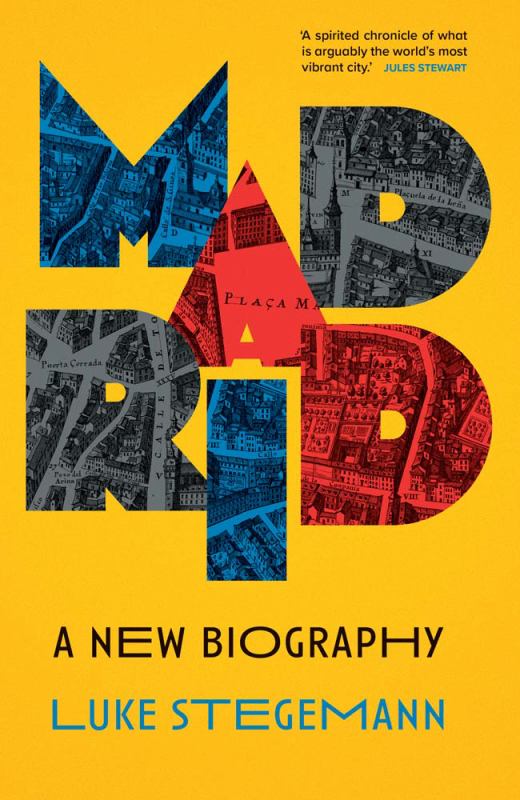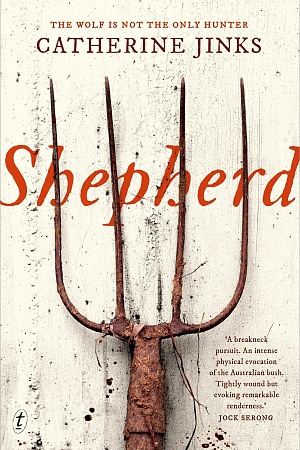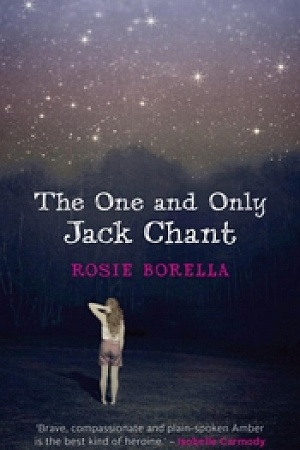Limberlost
Text Publishing, $32.99 pb, 240 pp
A distant leviathan
MitchOsborne copy.jpg)
Limberlost opens with an image of nature as dangerous: a whale, reportedly driven mad or feral by a harpoon in its side, is alleged to be destroying fishing boats in a vengeful spree. Ned is five, and the whale stories haunt him so much that his father takes him out to see for himself. The frightened child waits in a small boat for the animal’s power to show itself.
Though Ned is at the centre of this book’s pared-down narrative, this is a novel about the encounters between human and non-human lives and the way they intersect with myth, emotion, meaning, and identity. As an adolescent, Ned remembers the whale when his brothers are away at war, itself ‘a distant leviathan’. He remains behind on the family orchard with his father, ‘a quiet, strange man who remained out of reach and unknowable’. Like many a lonely child, he seeks the company of animals, but that company is rarely simple.
Ned’s relationships with animals range from the pragmatic – he kills and skins endless rabbits in the hope that selling their pelts will raise funds to buy a boat – to the more complicated experiences of attachment, curiosity, and awe. Impulses of care, responsibility, vengeance, and fear overlap, sometimes in a single page.
Throughout these encounters, Arnott avoid reducing animal lives to a human scale. As in the work of Eva Hornung, the animal other is always held in deep respect; the non-human world is not subservient to our own, and the lives of animals cannot be completely bent to our will. Limberlost belongs to a wave of contemporary fiction, including work from Laura Jean McKay, Jane Rawson, and Ceridwen Dovey, that attempts to navigate or renegotiate human stories in the context of the non-human.
Ned’s life is lonely, flecked with shame and self-doubt. He has low expectations, hardly dares to dream. The world doesn’t seem to value his empathy for animals, and yet the people around him encourage his silent determination in subtle ways. His desire for a boat gives the simple narrative its motive force, but we glide along as much on the current of Arnott’s lyricism as anything else.
There is a vivid, sensory physicality in the texture of timber, apples, or pesticide spray on the skin, and a few of the grotesque infections that remind us of his characters’ vulnerability to rot. In an otherwise elegiac and plaintive novel, there are also colourful descriptions, like that of a man ‘made mostly of lint, capillaries and brandy vapour’, that artfully sketch whole characters and provide some levity.
Chapters slip forward by decades, slip back again, so that the story filters through time like light through a dense forest. As with Arnott’s two previous books, Limberlost is an immersive experience, a story that is deeply embedded in the language of its environment, drawing much of its power from the places that surround and inform its characters. Ned experiences a version of the problem of scale that plagues us all in the climate crisis: he is buffeted by forces much greater than himself, and cannot make himself immune to loss.
Readers who recall the almost manic imaginative daring of Flames (2018) or the otherworldly mysteries of The Rain Heron (2021) might be disappointed by this more realist effort at first. However, though Arnott has cast fabulism aside, he cannot help writing fables. Limberlost retains a mythic quality, partly because of its nostalgic temporality, partly because it is also a coming-of-age story.
On the cusp of adulthood, Ned changes along with the landscape. The magical object of the boat provides the kind of tests and transformations that magical objects provide in adolescence and in fairy tales, but the deeper character study here refuses to become a tidy lesson.
Ned’s dominant trait is humility: he ‘wasn’t shaped to be impressed by himself’. His pleasures are a furtive, fugitive affair. He finds solace in nature, in a private, barely articulated wonder, and though he also finds love and family, a part of him remains closed.
There is something interesting about these representations of Australian masculinity: the sensitive hero bruised by a rough world, all hurt feelings and poor communication skills, has a kind of cowboy romanticism, and it would be easy to dismiss Limberlost as another Sad Man in Landscape affair, treading a path well worn by Winton’s characters. But Arnott’s attention to the agency of the non-human gives more depth to the theme. Ned is not decentred, but his feelings aren’t the only event, his life far from the only one that matters.
The deeper wound in these novels of men in nature has always been colonisation; the mythology of wilderness is a prominent complication, particularly in Tasmanian stories. Arnott tries to deal with it by naming the country and its people, a kind of formal acknowledgment. In one scene, Ned’s daughters try to hold him accountable for his participation in this history. Nothing is resolved to anyone’s satisfaction, but of course it can’t be. For Ned, the problem exceeds the scaler of his life.
Limberlost is a book of difficult small choices: about what to care for, and what to hang on to, and what it’s like to love things and people and animals and places you are powerless to save. Even as it looks back over the twentieth century, there is an Anthropocene tilt to this book’s sense of a world slipping away, its appreciation of human inadequacy.
Stories can put us in our place sometimes. Though scaled right down to a single, humble life, Limberlost is lit up by the energy of that life’s relationships. It serves as a reminder of the complicated position humans occupy, tangled as we are in the webs of interdependence, of pain and responsibility and care, that bind us to a world much greater than ourselves.










Comments (3)
Leave a comment
If you are an ABR subscriber, you will need to sign in to post a comment.
If you have forgotten your sign in details, or if you receive an error message when trying to submit your comment, please email your comment (and the name of the article to which it relates) to ABR Comments. We will review your comment and, subject to approval, we will post it under your name.
Please note that all comments must be approved by ABR and comply with our Terms & Conditions.